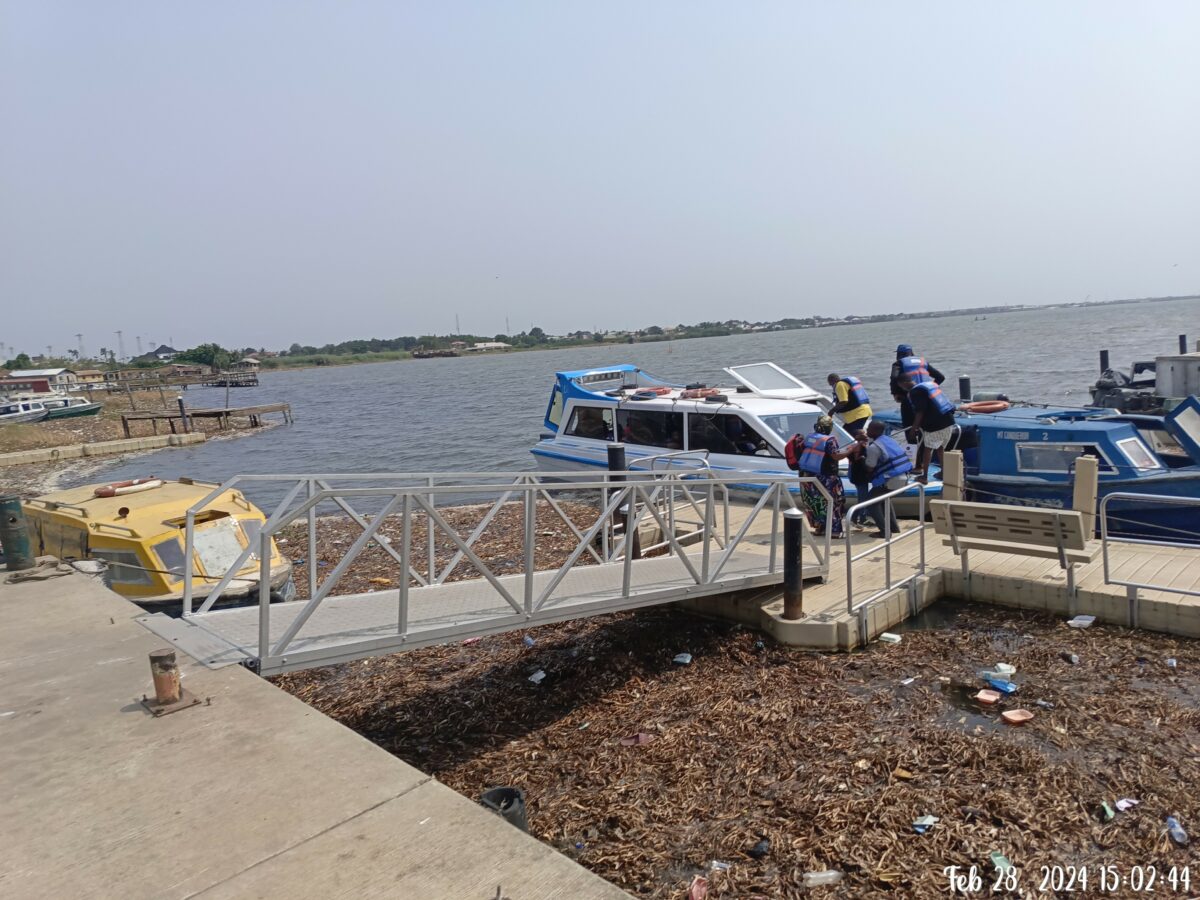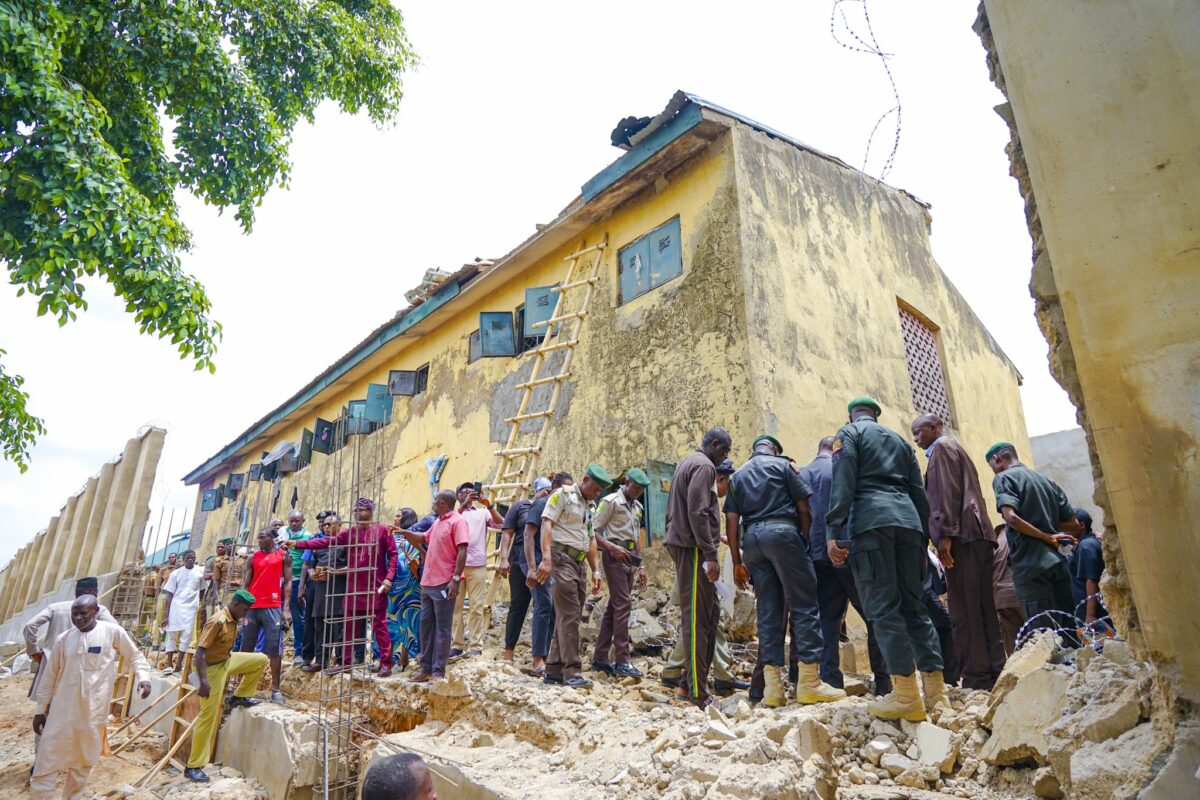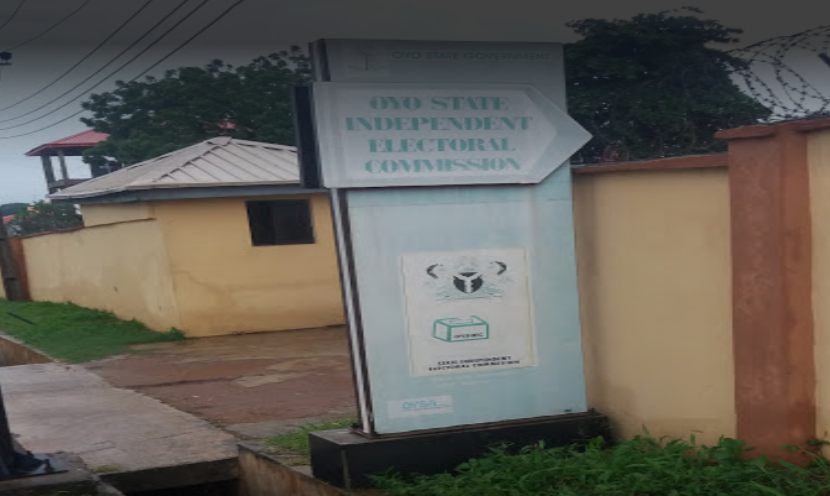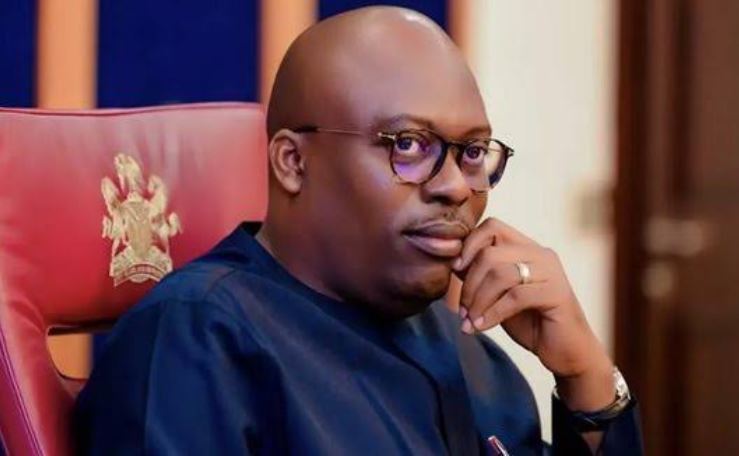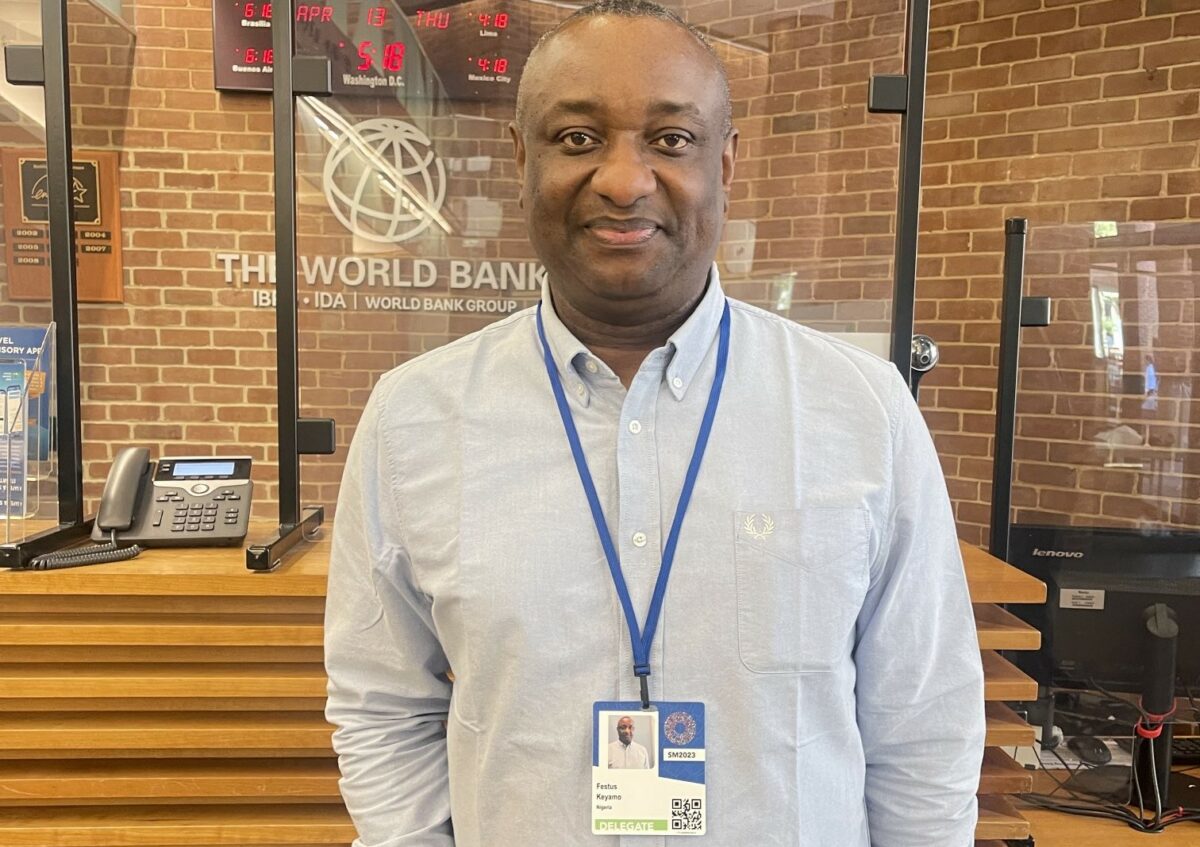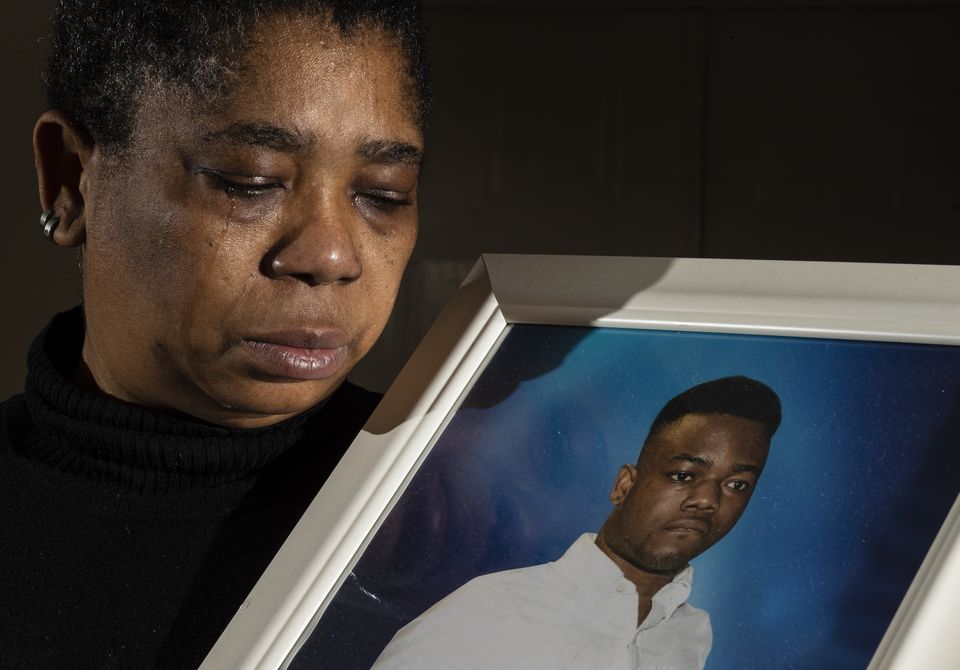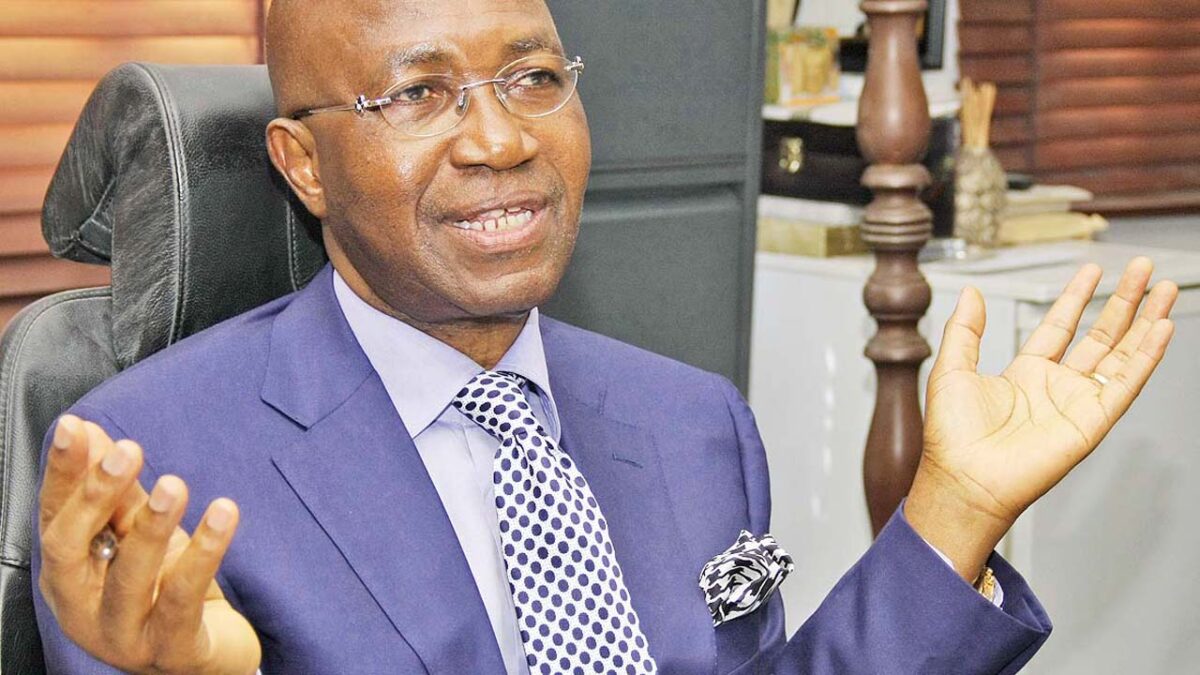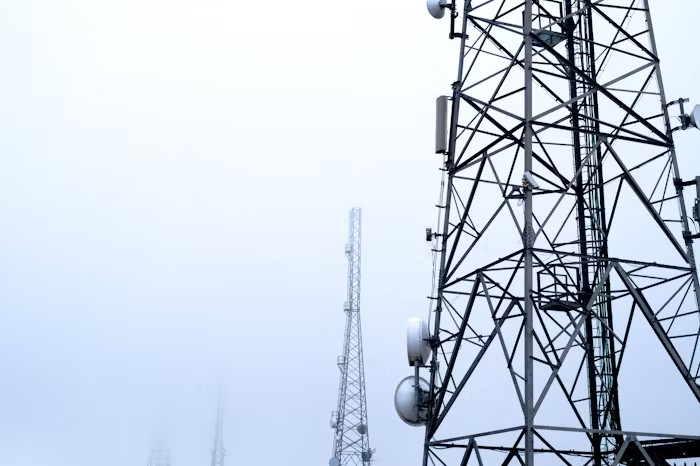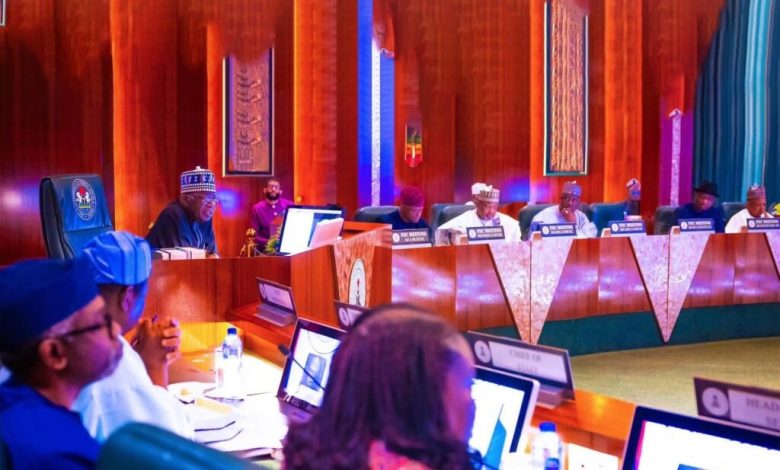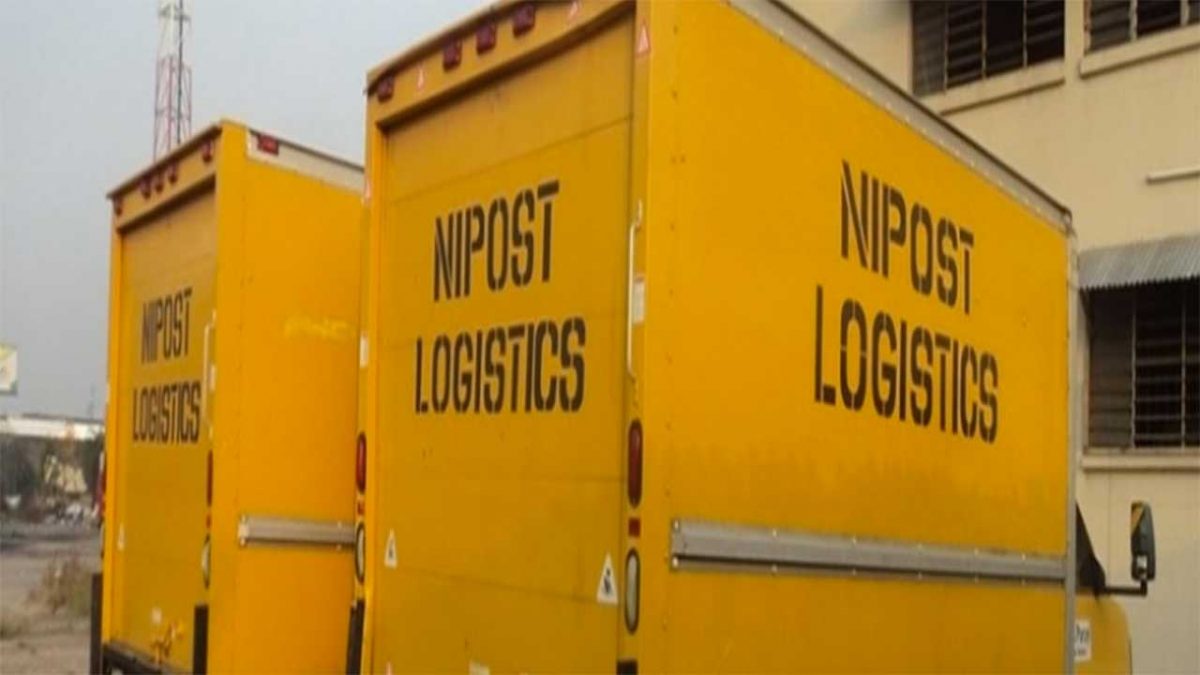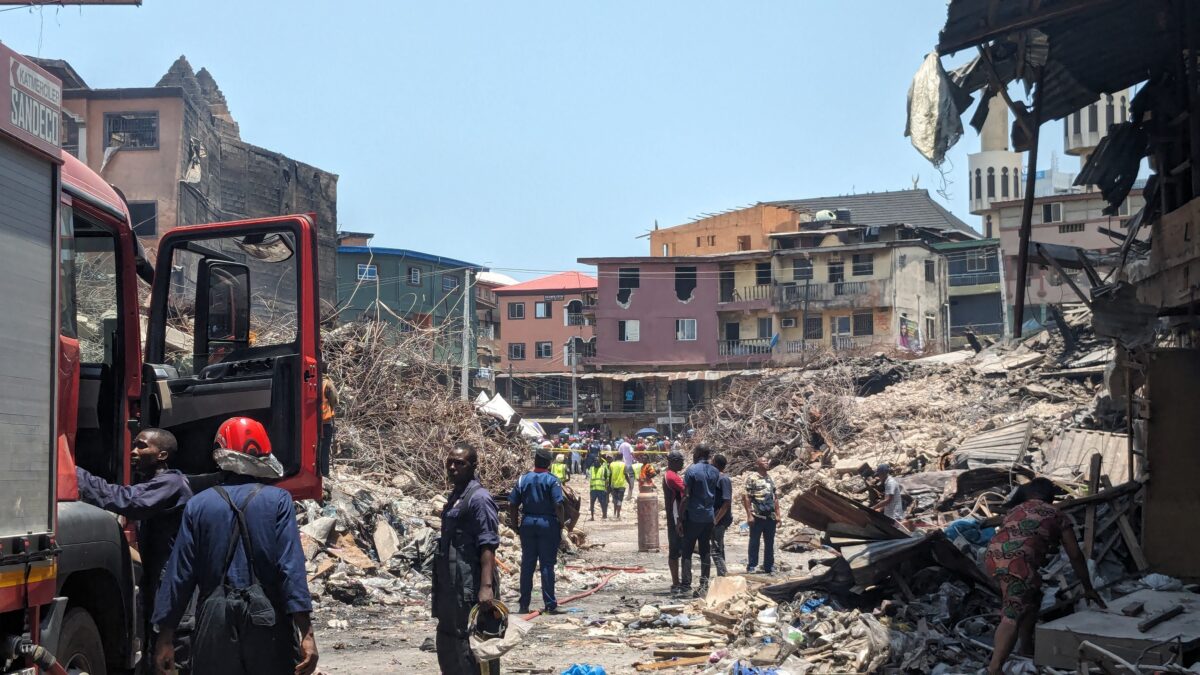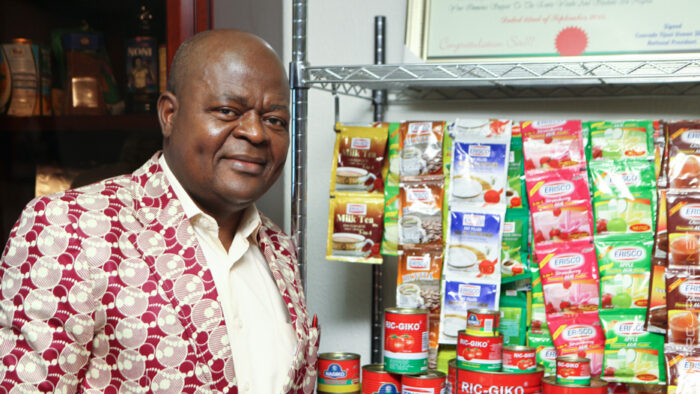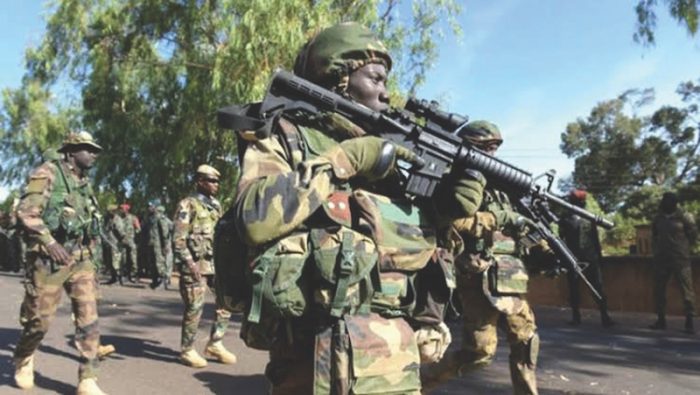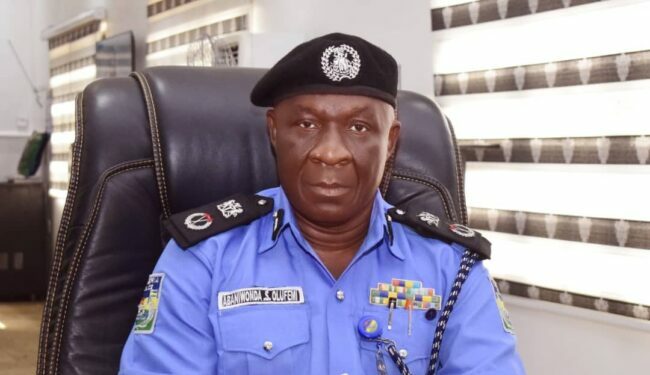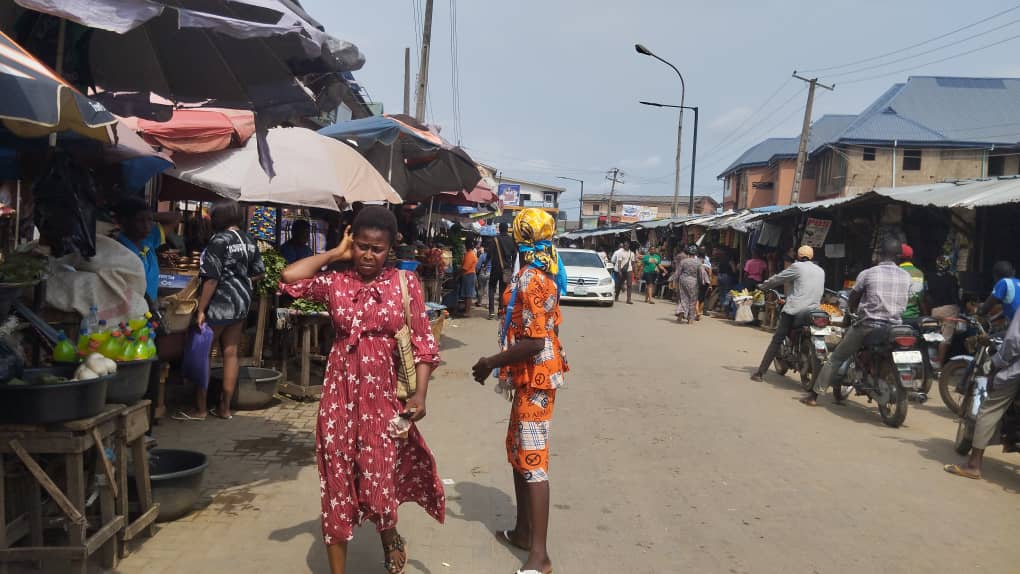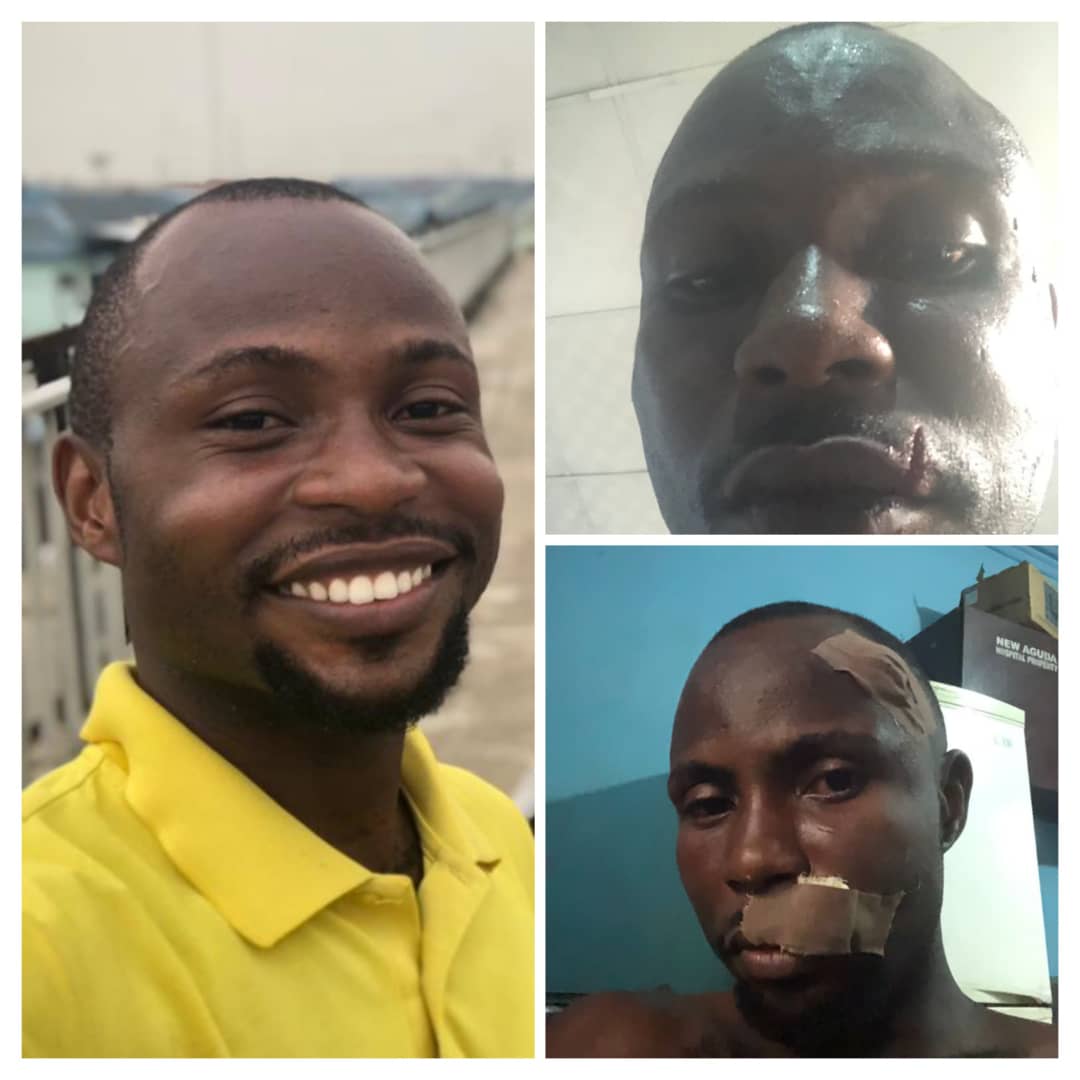On November 6, 2023, over 20 people tried to stay afloat as they grabbed onto the floating remnant of their capsized Lagferry boat.
They were stranded in the Lagos Lagoon, and water threatened their lives in the middle of a storm. Survivors say that rescue came very late and they could have shared the same fate as their possessions eaten by seawater.
“We managed to get to the roof of the boat, and we were just there crying for help. We didn’t get any help until around 8 pm, when a pako [wooden fishing] boat came and rescued some of us. We later heard that there were three people still stuck under the boat. We don’t know if they later came out alive,” FIJ heard a survivor of the accident say.
FIJ has listened to passengers of the Lagos Ferry Services Company (LFSC), also known as Lagferry, narrate how negligence from the ferry services and the state authorities, such as the Lagos State Waterways Authority (LASWA), cost lives.
There are audio clips, video footage and pictures showing the aftermath of horrible boat accidents and deaths on Lagos waterways. FIJ found that the authorities repeatedly failed to show up on time to rescue passengers who died because there was no aid.
READ ALSO: Bodies Recovered After Lagos Boat Accident Now 17
WE ALL WORE OUR JACKETS AND WERE LOOKING AT OUR DEATH
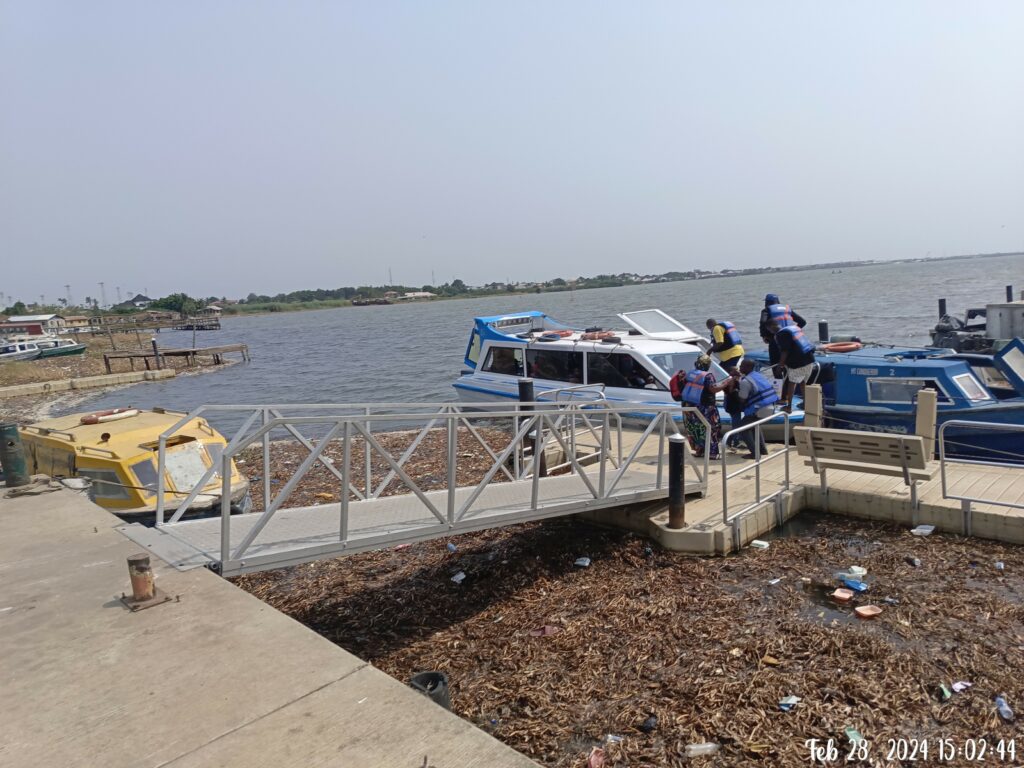
This survivor narrated the horror she lived through.
She and other passengers resigned to fate because help didn’t come and they expected to die on the evening of November 6.
“I just want to thank God that I came out alive from that boat. What happened to me will never happen to anyone again. At about 6 pm, we entered that boat named Eko Akete, thinking that all was well. There was no sign of rain or anything when we entered the boat,” an unnamed passenger narrated in audio clips FIJ received.
“Before we got to the Third Mainland Bridge, just after Ebute Ero Under Bridge [we boarded from Ebute Ero], before we got there, the boat had started waving. We asked what was happening, and they said that there was a heavy storm. From there, we started screaming and asking to go back to Ebute Ero. The captain said that we could not go back and that going back would be more dangerous for us. So, that was how we faced that storm.
“We were crying, ‘Call for help! Call for help!’ We called for rescue, but nobody came. We were there, struggling. By the time it was too much, the captain advised everybody to wear their life jacket. We all wore our jackets and were looking at our death, crying, begging for help, calling whoever we could call. At the end of the day, no rescue came; nobody came.
“The engine of one side of the boat fell inside the water. The captain told all of us to move to one side of the boat. We were all confused. After some time, the captain told us to rush to the front. Sometimes, we had to rush to the back. This went on until the boat crashed and everybody fell inside the water. Some of us were stuck inside the boat and were struggling to get to the top, the rooftop of the boat.”
Lagferry is the state-run boat service. There are private ferry service companies such as Savvy, Moyege, Thesaurus and Toltise operating on the Lagos waterways.
READ MORE: 1 Week, 2 Tragedies, 7 Deaths —LASWA Not Safeguarding Passengers’ Lives
LAGFERRY VALUES BOAT ENGINE MORE THAN PASSENGERS’ LIVES, PROPERTIES
LASWA, the National Inland Waterways Authority (NIWA) or state emergency services did not rescue the Lagferry passengers who almost drowned on November 6.
After the private wooden boats recovered Lagferry passengers from the Lagos Lagoon, Lagferry abandoned them.
“The most painful aspect of this is that, after the rescue, we all got to Ebute Terminal and not even one person from Lagferry came to welcome us to even hold us and say sorry or ask for our family,” a passenger on the ill-fated ferry recounted.
“We were all begging for phones to reach our family, nobody could give us a phone. Not even transport. All our phones and bags fell inside the water, not even one person from Lagferry said, ‘We are sorry, this will never happen. Welcome,’ or even give us a hug. Not even one person! We started begging for transport to go home; some of us trekked home. Looking for help, no help came from Lagferry. Up till now, we’ve not heard anything from Lagferry. Is it fair?”
Beyond November, the passengers who lost their possessions in the November 6 capsize were still asking for restitution.
Instead of reaching a settlement with its customers who almost died in its boat, Lagferry was more concerned about the engines it lost in the storm.
“I heard that some of our goods have been recovered; they should bring them to Ebute Terminal in Ikorodu so that we can search for our things if we will be able to see them. We heard that they are going to use their own engine to claim insurance for their property. Please bring our own… They’ve not claimed insurance for us; they are claiming insurance for their own engine,” one of the passengers said days after the accident.
Abdoulbaq Ladi Balogun, the managing director of Lagferry, referred to the capsizing of the boat on November 6 as an unusual experience.
Balogun made a statement in which he claimed that he could not contact the passengers because they gave Lagferry inaccurate contact information.
“We observed the stormy weather and turbulent tidal wave from the Surveillance System at Mile 2 Terminal, which led to our mobilisation for rescue,” Balogun stated.
“Fortunately, all the 23 passengers onboard were rescued alive through the combined efforts of our regulators and private boat operators. Personally, I tried to reach the 23 passengers on the manifest; I succeeded in talking to three people.
“Our findings revealed that most of the contacts given as the next of kin are not accurate. As a model operator in the industry, we have instituted Passengers’ Liability Insurance for the passengers and Marine Hull Insurance for our boats in case of accidents. I apologise unreservedly for the communication gap, as we have learnt our lessons.”
Balogun’s statement noticeably omitted how long it took to rescue the Lagferry passengers.
It was private boat operators who organised the rescue.
READ ALSO: Another Boat Accident Claims Lives in Nigeria — 13th This Year
WE ARE SINKING —AN ANNUAL WATER HYACINTH PROBLEM
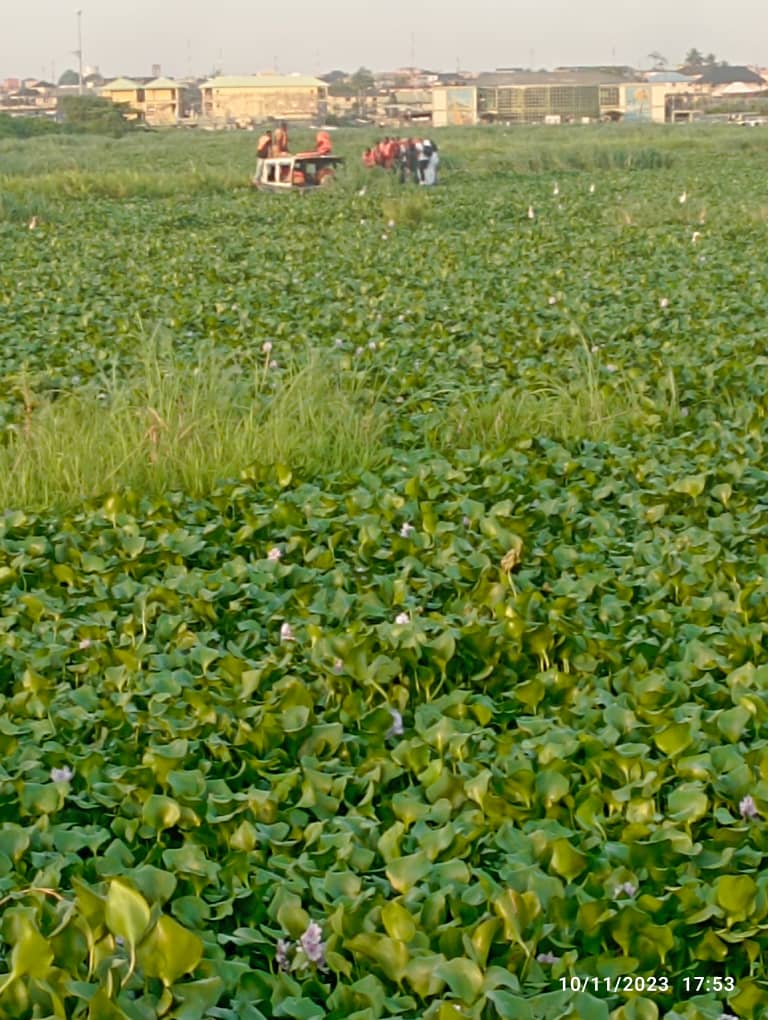
Three days after the November 6 accident, two near-tragedies revealed that LASWA was not on top of a water hyacinth challenge that could endanger the lives of commuters on the waterways.
A boat caught fire on November 9 and passengers were sinking in another boat when it got stuck in the midst of overgrown water hyacinths the following day.
“As you can see, we are sinking. We are sinking in the boat. We need rescue, please. As you can see, everybody is in the water. We need rescue, please,” one of the passengers said in a video he shared on social media.
LASWA claimed that it successfully rescued the passengers from both boat mishaps, but the hyacinth problem was one that it had promised to tackle the previous month.
“The Lagos State Government, through the Lagos State Waterways Authority, continues to engage manual labour in addition to the water hyacinth machines to combat the menace and clear the waterways from strategic locations,” LASWA stated on October 9.
A passenger told FIJ that the hyacinths appear in the fourth quarter of every year, threatening the safety of boat commutes. The state government resorted to closing its ferry terminals because of the weed in the water.
Water hyacinths can be mechanically or biologically removed from water bodies. Herbicides pollute the water and some water hyacinths are resistant to chemicals. Cranes are often deployed to pull most of the weed out of the water, and insects such as the semiaquatic grasshopper are released to consume the water hyacinths in the affected area.
LASWA NOWHERE TO BE FOUND AS PASSENGERS DIE AT SEA
FIJ saw videos of rescue operations after boats capsized on Lagos waterways in the past four months.
The first responders were not medical professionals, paramedics or LASWA staff. FIJ saw these first responders, mostly fishermen and local boat operators, dive into the water to rescue passengers from capsized boats.
After retrieving passengers, LASWA officials were nowhere to be found and there were no expert hands to administer appropriate first aid to the accident victims.
LASWA says its mission is: “To regulate and promote the use of Lagos inland waterways, encourage sustainable investments and develop lasting water transport solutions for the people of Lagos State.”
The United Waterways Passenger Association (UWPA) believes NIWA and LASWA can be more responsible.
A UWPA member told FIJ that NIWA and LASWA were not well coordinated, had slack regulatory oversight on boat operators, provided no first responder and first aid training, had no medical assistant at the terminals and stood idle as cases of boats running out of fuel mid-trip recurred.
“Many times, when these boat mishaps happen, LASWA is nowhere to be found. They provide no first aid or standby health officials. Rescue is done by individuals who know nothing about resuscitation and first aid administration.
“Due to pressure from UWPA, the regulator (NIWA) eventually grounded all vessels on Tuesday, both Lagos ferry and standard and fibre boats,” he said.
NO SMALLER BOATS
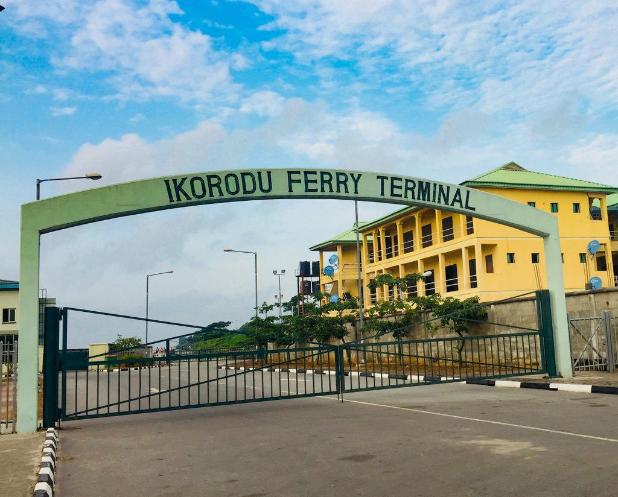
Following two recent fatal boat accidents in Lagos, FIJ visited the Ikorodu Ferry Terminal on Wednesday.
From the gate of the terminal, rumour had it that the boats were not operating. At the terminal’s waiting area, this reporter was told that a boat was ready for the afternoon.
The attendants said that they were collecting cash instead of the usual cashless money transfer from the Cowry Card.
FIJ paid N2,500 in cash at 1:41 pm. They provided no ticket. Instead, this reporter was given a small piece of paper with the boat’s seat number scribbled on it.
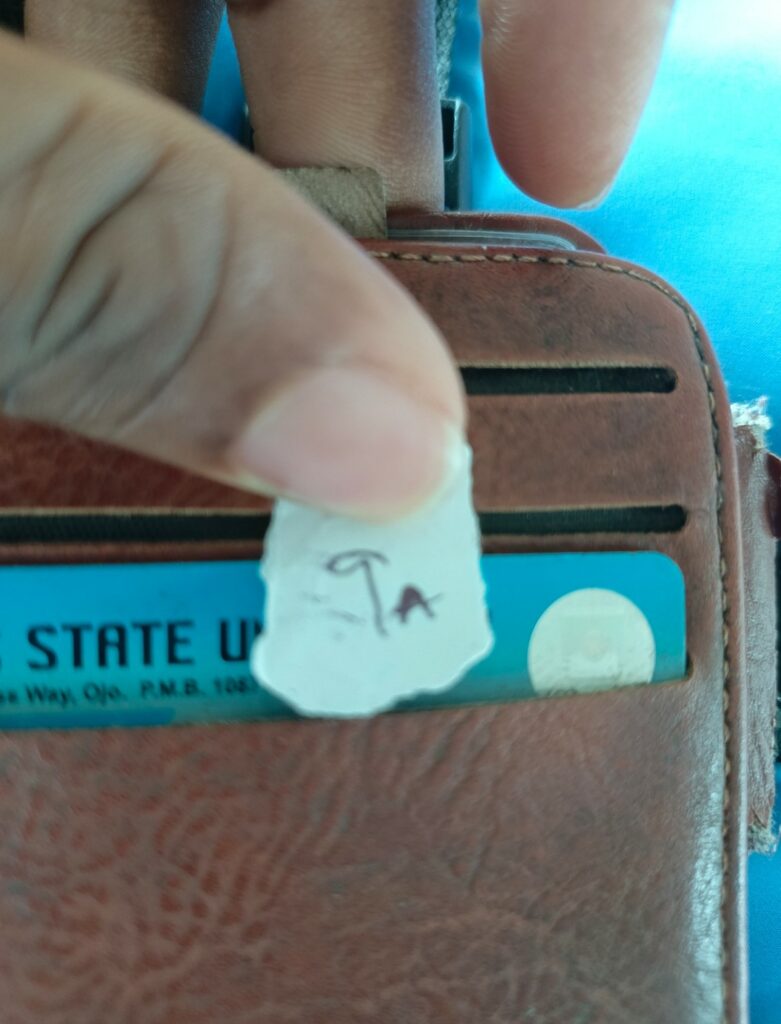
The attendants said that passengers had to wait for the boat to be filled up. A life jacket was distributed to the passengers at 2:08 pm. At 3:04 pm, we were told to go to the jetty and board a waiting Lagferry boat.
There were no smaller boats at the jetties; they used to be a regular sight.
The boat was a covered vehicle, more like a boat with a car roof, but the windows were big enough to allow sprinkles of seawater to reach passengers after a big splash. The boat engine started at 3:10 pm. In two minutes, the boat moved from a slow swim to a fast, water-pounding drive.
Continuous jolts reminded passengers of the absence of a seat belt on the boat’s white metallic seats.
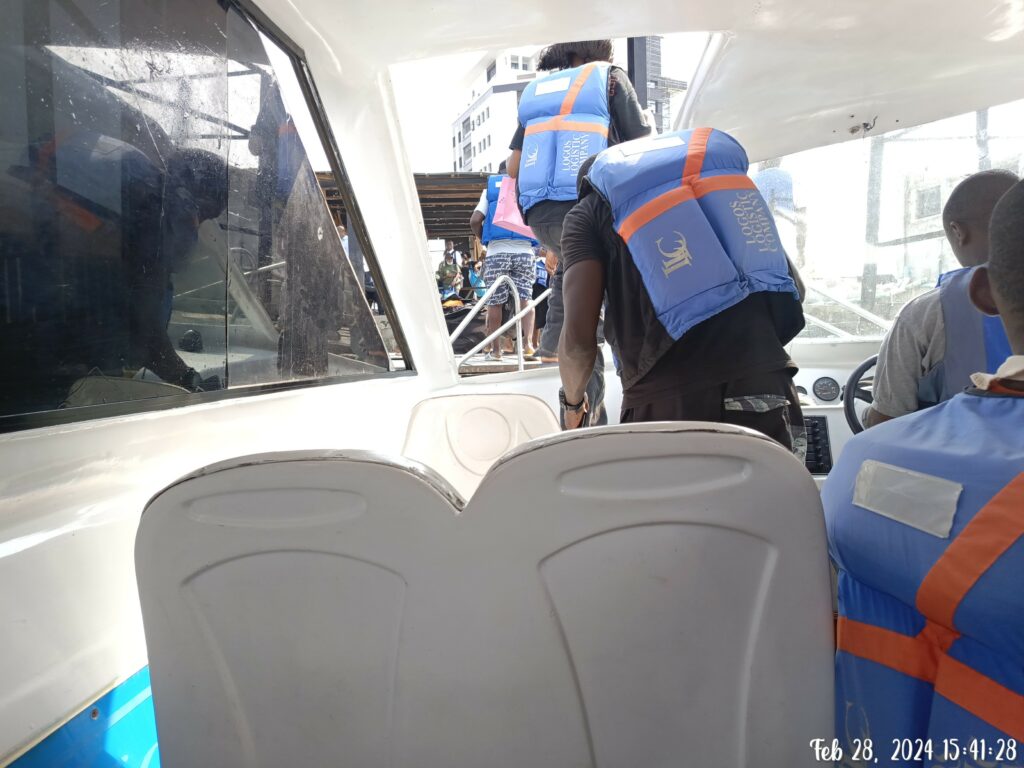
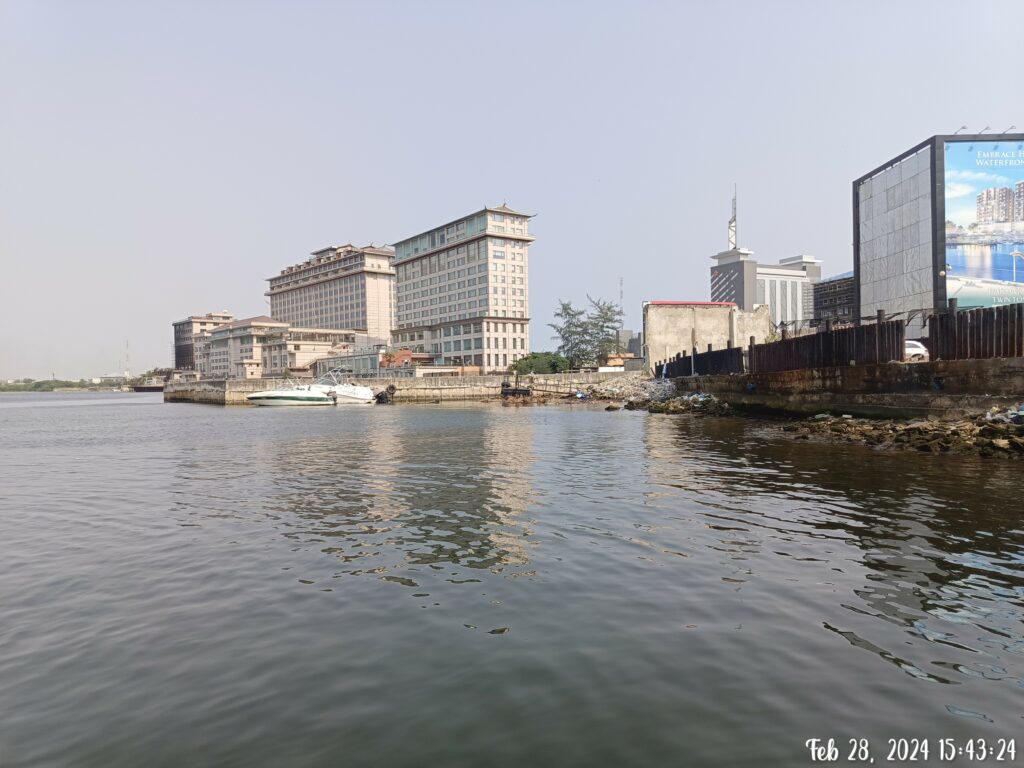
In 22 minutes, we saw powerlines, a fisherman in a canoe, one boat similar to ours, and the shadows on the horizon becoming buildings. The Lagferry boat arrived and docked at Lekki at 3:32 pm.
After some passengers alighted at this boat stop, the captain turned the boat around and resumed the journey. 3:43 pm, the boat made another stop at the Lagos Oriental Hotel on Victoria Island before heading for the trip’s final destination.
We arrived and docked under Falomo Bridge at 3:46 pm.
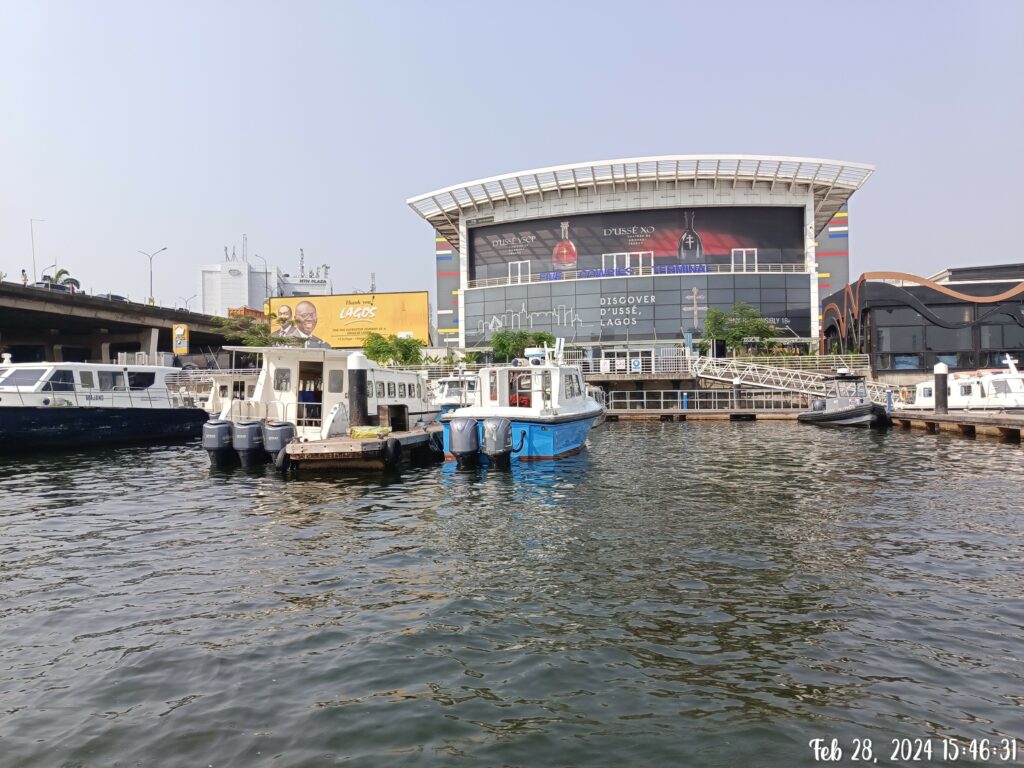
READ ALSO: Mutilated Body Raises Suspicions Nigerian Wrestler Ab Jerry Was Murdered
NIWA ADDRESSES NO SMALLER BOATS AT THE JETTIES
Sarat Braimah, NIWA’s Lagos Area Manager, said that about 75 percent of the boats operating on Lagos waterways were not seaworthy on Wednesday.
NIWA only decided to carry out this investigation after accidents at sea cost a handful of lives.
“We cannot wait until accidents happen again. From the two major accidents that happened this year, we have been able to analyse our investigations and we discovered that it was due to human errors. What I mean by human errors is down to the maintenance of the boats,” Braimah told reporters.
“Most times, boat engines will go off mid-stream because of the speed the boat captains need. They won’t get it on the channel. So, they will move out of the channel to go to the shallow area so that they can maintain speed.
“As I speak to you, our marine unit is in Ikorodu. I have embargoed boat movements in Ikorodu, except for those certified.
“Yesterday, we certified 10 boats, and only those 10 boats will operate for now. For other boats, we have instructed the operators to bring them down to our office here in Marina. We are not even going to Ikorodu to do the inspection.
“Most of the boats have a single hull, and these single-hull boats cannot withstand stress. Any single hit on the waterways, they will tumble. This is why some of them will hit a little pipe on the waterways and they will tumble. I have been inside a boat where we hit a wreck and the boat did not capsize, because it had a double hull.
“Majorly, we have to scrap these boats. About 75 percent of them are not seaworthy. The time they bought the boats, registered them, maintained them (even the maintenance has dropped) and their life span too has dropped.”
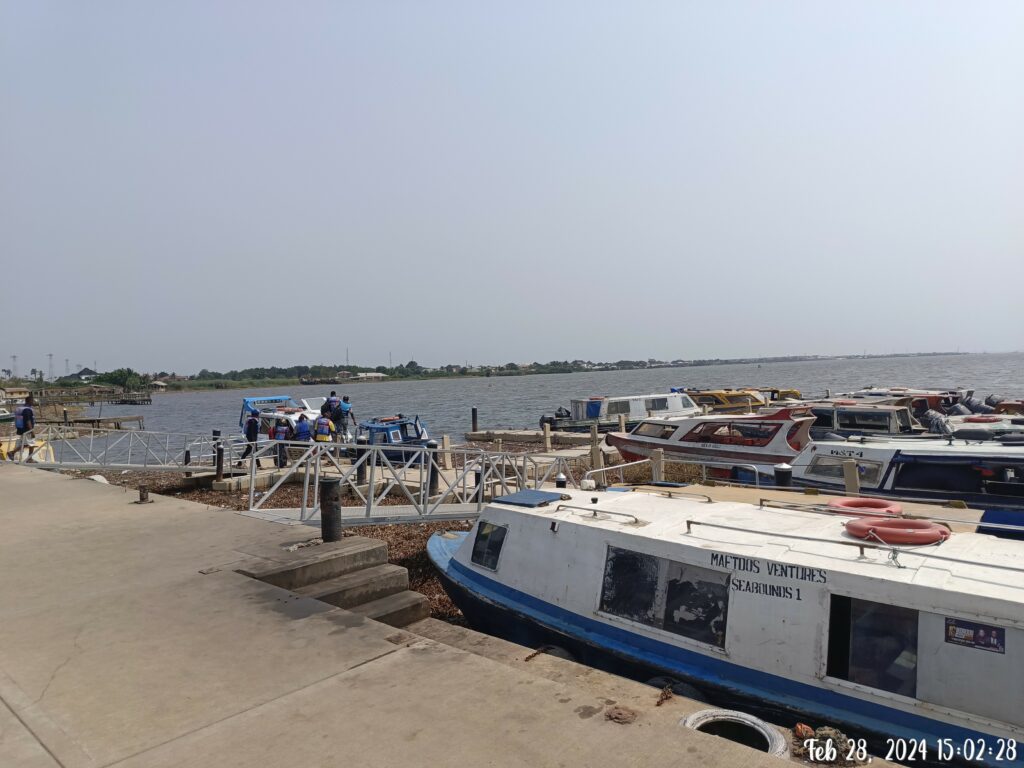
These boats in question are mostly owned and operated by private transporters. While these operators are allowed to do business on Lagos waterways, LASWA and NIWA ought to monitor their activities.
Braimah claimed that the operators were to blame for using weaker boats and chasing profit. She insisted that she wasn’t targeting their business.
“The owners of the jetty are also part of the problem because they know that the fewer the number of boats, the smaller the money they make. But we don’t care about how much a jetty makes. If it’s just 10 boats that are certified fit, let them pay for jetty use. I’m not targeting anybody; we are just after safety,” Braimah said.
Subscribe
Be the first to receive special investigative reports and features in your inbox.


